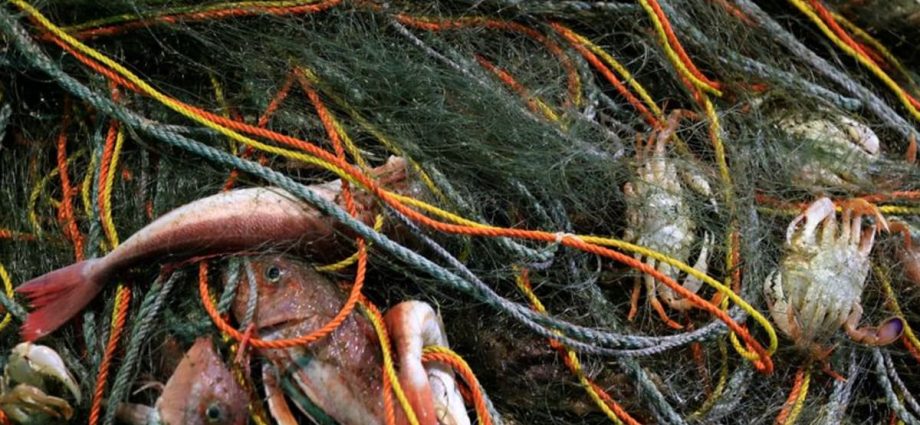
BEIJING: China will tighten its scrutiny on food from Japan and maintain curbs on some Japanese imports, the government said on Friday (Jul 7), citing Tokyo’s decision to discharge treated radioactive water from the crippled Fukushima plant into the sea.
The Japanese plan, approved on Tuesday by the United Nations nuclear watchdog, has faced opposition at home and abroad. Japan insists the releases will be safe and meet global standards.
China’s customs administration said in a statement it was stepping up monitoring of products including seafood and keeping curbs on produce from one-fifth of Japan’s prefectures for safety reasons.
In the immediate aftermath of the 2011 disaster, China banned the import of food and agricultural products from five prefectures. It later widened its ban to 12 prefectures, before removing two of them.
China will “strengthen supervision” and “rigorously examine” certificates for food imports, especially aquatic products, from the other non-banned prefectures, the administration said, emphasising restrictions on the 10 prefectures remain in place.
China’s foreign ministry on Thursday said that the International Atomic Energy Agency’s (IAEA) report cannot be used as a “green light” for the water release plan and warned of unknown risks to human health.
China customs added that the report did not fully reflect the views of all the experts involved in the assessment process, and the conclusions were not unanimously endorsed by the experts.
“China customs will maintain a high level of vigilance,” the authority said in a WeChat statement.
IAEA chief Rafael Grossi told Reuters on Friday that one or two of the team of international experts behind the report may have had concerns but that none raised their concerns with him directly.

